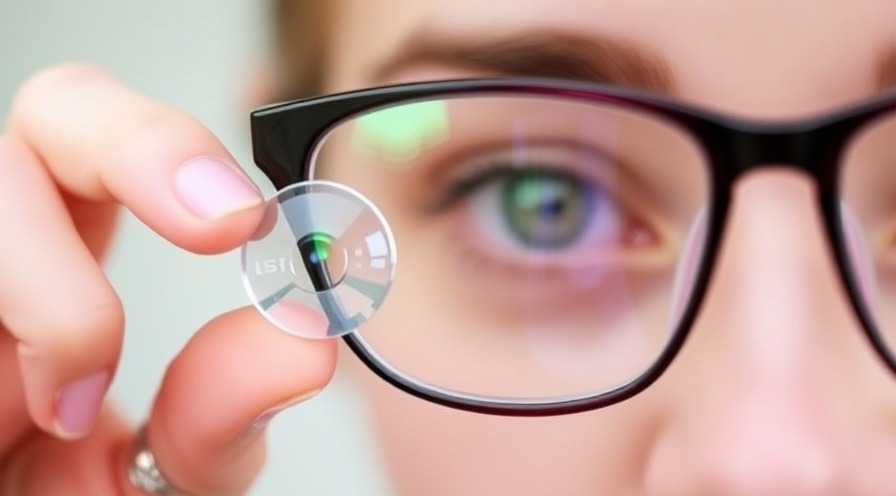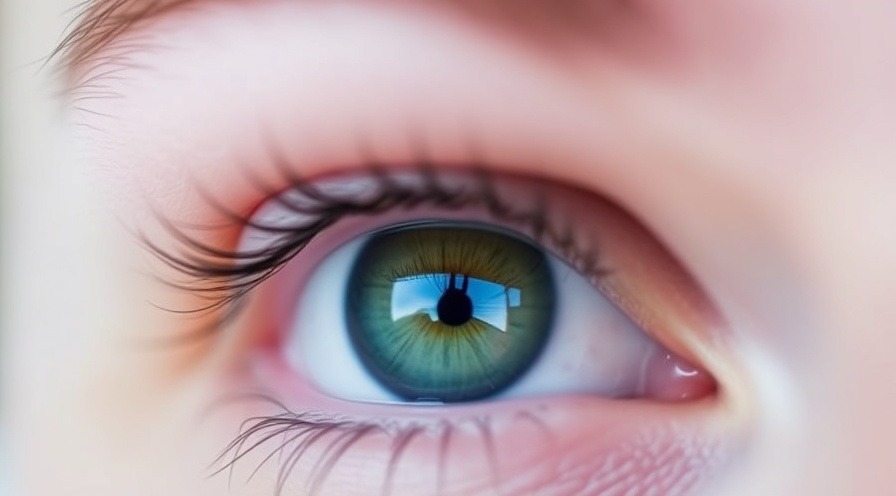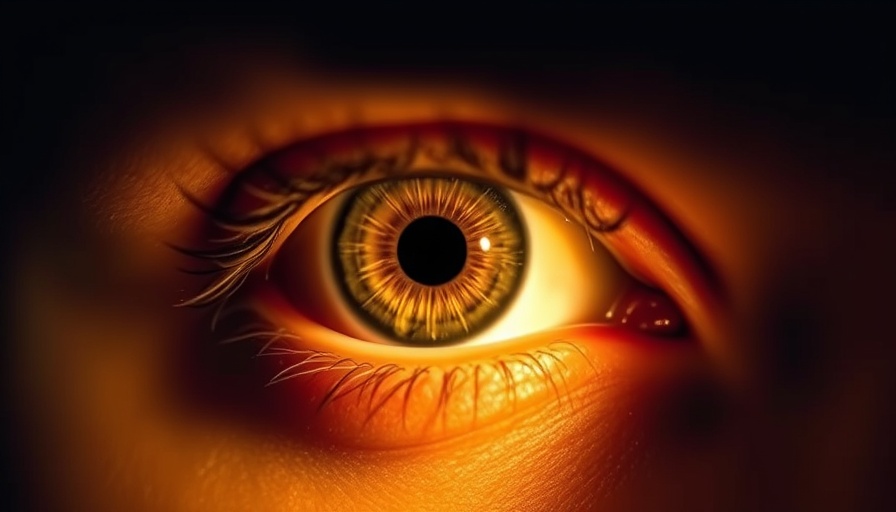
“So… should I go with contacts or glasses?”
If you’ve ever stood in front of a mirror debating this while squinting at your reflection—or been poked in the eye trying to insert a contact lens—you’re not alone.
Here’s the short answer: If you prioritize ease and eye health, glasses win. If you’re active and crave a no-obstruction look, contacts might be your MVP. But (and this is important), your lifestyle, budget, and even your eyeball’s vibe play a big role. Let’s break it all down.
👓 Glasses vs. Contact Lenses: Quick Comparison Table
Category |
Glasses |
Contact Lenses |
|---|---|---|
Eye Health |
Lower risk of infection |
Higher risk if not cleaned properly |
Comfort |
No direct eye contact (literally) |
Can cause dryness or irritation |
Lifestyle Fit |
Low-maintenance, but bulky |
Great for sports and movement |
Cost Over Time |
Lower long-term cost |
Can be pricey depending on type |
Fashion Points |
Stylish accessory |
Invisible and natural-looking |
🧠 Think of It Like This:
Wearing glasses vs. contacts is a bit like driving an automatic car versus a manual. Glasses are simple, reliable, and get the job done with minimal maintenance. Contacts offer more control and flexibility—but mess it up, and you’ll stall out (or in this case, get an eye infection).
🧴 Eye Health: Which Option Is Gentler on Your Eyes?
Winner: Glasses.
Contacts sit directly on your eye, meaning they come with a higher risk of irritation or infection—especially if you skimp on cleaning or over-wear them. According to the CDC, contact lens wearers have nearly 1 million visits to doctors each year due to infections related to improper use .
“Improper contact lens hygiene is the leading cause of corneal ulcers,” says Dr. Michelle Andreoli, spokesperson for the American Academy of Ophthalmology (AAO) .
Glasses, on the other hand, don’t touch your eyeball. No cleaning solutions. No poking. Just clean the lenses and roll on with your day.
🏃 Lifestyle and Eyewear: What Fits You Best?
Winner: Depends on how you live.
If you're active, play sports, or hate the constant sliding of frames down your nose (hello, sweaty people), contacts are probably a better match. They give you full peripheral vision and won’t fog up when you're cooking spaghetti or wearing a mask.
But if you’re glued to a screen all day, glasses with blue light filters are your best friend. They help reduce digital eye strain and can easily switch between indoor and outdoor lenses if you go for photochromic options.
💰 Cost Considerations: Which Will Hurt Your Wallet Less?
Winner: Glasses (usually).
A solid pair of prescription glasses might run you $100–$300, but you can wear them for years if you don’t sit on them (looking at you, couch nap lovers).
Contacts, especially dailies, can cost $500+ per year. That includes solution, cases, and the occasional emergency eye drop run after a dusty day.
💡 Tips from an Eye Care Pro
Rotate if you can afford it. Many people do both—glasses at home, contacts when going out or working out.
Try specialty lenses. Got astigmatism or dry eyes? Talk to your optometrist about toric or silicone hydrogel lenses.
Always carry backups. Contact lens wearers should always carry their glasses in case of sudden irritation or lost lenses.
Final Verdict: How to Choose Between Contacts and Glasses
Ask yourself these 5 quick questions:
Do you have dry, sensitive, or allergy-prone eyes? → Go with glasses.
Are you into sports, dance, or daily commuting in the rain? → Contacts win.
Want less daily maintenance? → Glasses, hands down.
Do you love makeup and selfies without frame shadows? → Contacts.
Are you the kind of person who forgets to clean a coffee mug for three days? → Stick with glasses unless you like living dangerously.
❓FAQs: Contact Lenses vs. Glasses
Q: Can wearing contacts every day damage your eyes?
A: If you follow proper hygiene, most people can safely wear contacts daily without issue. The danger lies in skipping cleanings, over-wearing them, or sleeping in lenses not approved for overnight use. That’s when bacteria throws a party—on your cornea.
Q: Are glasses better for long-term eye health?
A: Yes, especially for people prone to dry eyes, allergies, or infections. Glasses don’t touch your eyeball, meaning there’s zero risk of corneal scratches or lens-related irritation. Think of glasses as the laid-back, drama-free option for your eyes.
Q: Can I wear contacts and glasses at the same time?
A: Not literally at the same time (unless you're starting a new fashion trend), but switching between the two is common and actually encouraged. Wearing glasses on some days gives your eyes a much-needed break from the contact lens grind.
Q: What are the best contact lenses for sensitive or dry eyes?
A: Silicone hydrogel lenses are a top choice for breathability and comfort. Daily disposables are also great since you use a fresh pair each day—no cleaning, no buildup, less irritation. As always, consult your eye care provider for a fit that suits your specific needs.
Q: Which is more affordable over time—contacts or glasses?
A: Glasses are typically more cost-effective in the long run. You buy one good pair, and you're set for years (unless you sit on them). Contacts, especially dailies, are a recurring expense—think subscription box for your eyeballs, but with a higher price tag.
Q: Do contacts provide better vision than glasses?
A: Sometimes, yes. Contacts conform to the curvature of your eye, offering a wider field of view with fewer distortions than glasses. But unless you're doing precision archery at dawn, the difference may not be life-altering.
 Add Row
Add Row  Add
Add 




Write A Comment